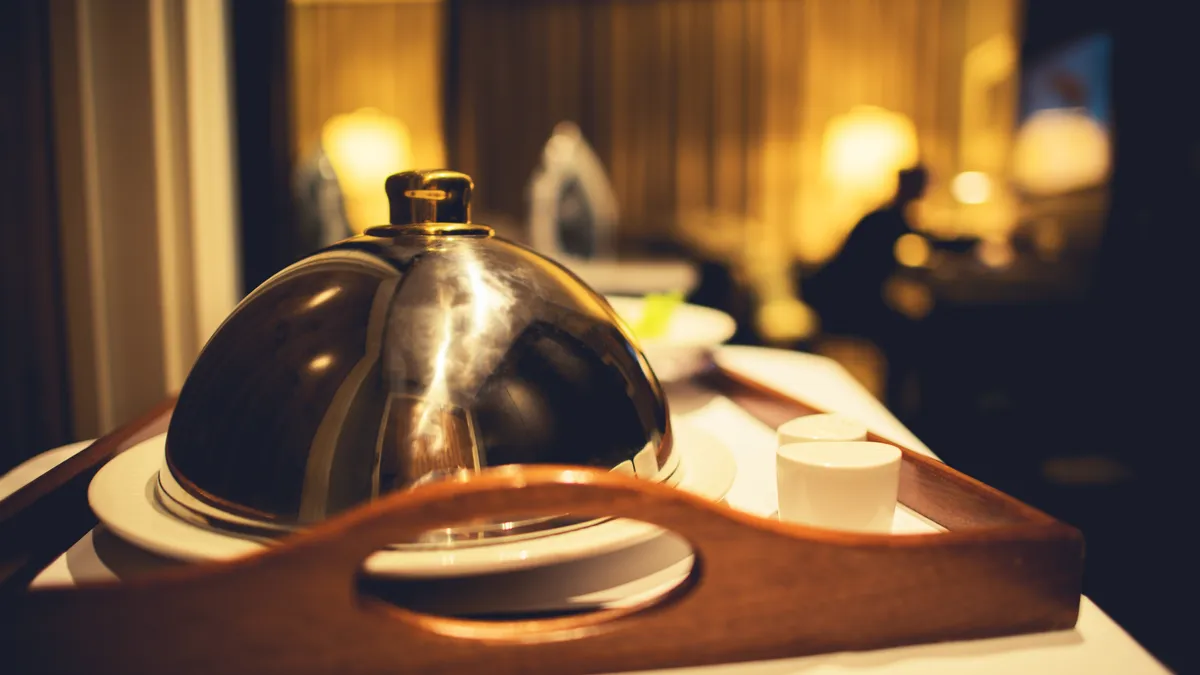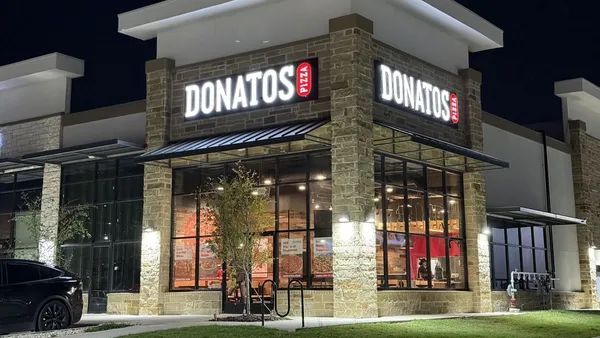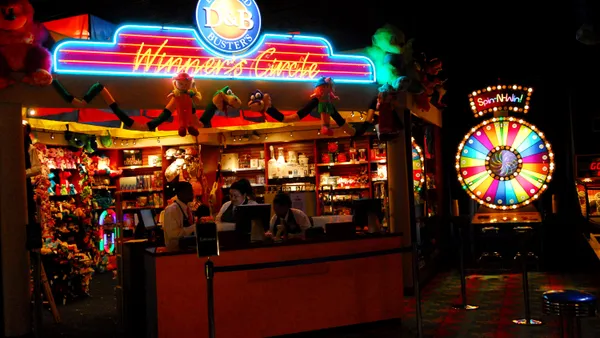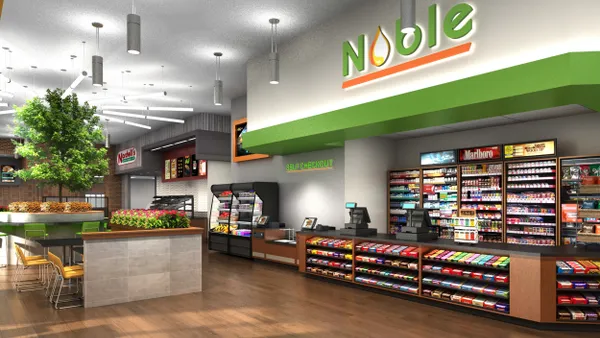Dive Brief:
- Butler Hospitality, a hotel foodservice and ghost kitchen company, ceased operations around May 13, according to LinkedIn posts by former employees. The company did not respond to requests for comment.
- The company, which framed itself as a transformative agent in the foodservice sphere, folded with little public warning, leaving hundreds of hotels short on foodservice options.
- Butler’s major investors included &vest, Mousse Partners Limited and Shamrock Holdings. As late as October 2021, Butler was still raising money from investors, and on March 15, the company announced it was adding new locations in Utah and California.
Dive Insight:
Firas Louati, Butler’s head of transformation, wrote in a LinkedIn post on May 14 that the company shut down the previous day. Former employees confirmed the company had shut down completely.
“As you have seen from various posts, Butler was dissolved yesterday,” Louati wrote.
Kara Mayle, Butler’s regional manager for Washington, D.C., also posted the company dissolved, while Fernando Arcieri, a customer success manager for Butler in Miami, said on LinkedIn the business had ceased its operations.
Moh Waseel, front desk manager at the Hyatt Place Washington D.C./Georgetown/West End, which used Butler’s delivery service in lieu of room service, said the company stopped delivering in mid-May. Butler sent the Hyatt Place an email early one morning, Waseel said, though he could not remember the exact date.
“In the morning, when I got here, we got an email that they wouldn't be serving this area anymore,” Waseel told Restaurant Dive in an interview. “They didn’t mention why.”
Butler’s business model brought ghost kitchens to hotel foodservice. In major cities, the company would prepare meals for delivery from a small number of hotel kitchens and send them out to partnering hotels. According to a list compiled in March from Butler’s website, which is still up, the company served food in more than 408 hotels in at least 10 cities, from New York to San Francisco.
Waseel said the order volume was typically low, but guests were usually happy with the service. Butler delivered to the Hyatt between 10 and 20 orders a day, he said. Butler’s dissolution has left the Hyatt Place, and other hotels, short of foodservice options, according to conversations with front desk staff at several hotels in D.C. and New York. Butler used its own delivery drivers to move food from hotel kitchens to guests, according to still extant job postings.
Managers and foodservice directors from a number of hotels that served as hub kitchens for Butler did not respond to requests for comment.
Butler’s closure seemed to come suddenly. Founder and CEO Premtim Gjonbalic celebrated the company’s expansion in the Chicago hotel market in a March LinkedIn post. Gjonbalic has not responded to attempts to contact him.
In July 2021, Butler signed a three-year sublease for the 10th floor in an office tower in Manhattan, according to Commercial Observer. As of June 17, front desk staff at the tower, 1250 Broadway, told Restaurant Dive that there was no tenant on the 10th floor.
Last October, Butler raised more than $32 million in funding, from Shamrock Holdings, Maywic Select Investments and Mousse Partners Limited. The hotel ghost kitchen operator was also backed by &Vest, an investment firm co-founded by &pizza CEO Michael Lastoria. Doug Jacob, who co-founded &pizza with Lastoria, served as a board member for Butler, according to LinkedIn. Scopus Ventures, a venture capital firm backing new software companies, also counted Butler in its portfolio. Butler raised at least $50 million over its lifespan, from these and other investors. None of Butler’s major investors have responded to requests for comment.
While Butler’s fundraising paled in comparison to some of its ghost kitchen rivals — Reef has raised at least $1.5 billion according to CrunchBase — the company’s rapid growth and delivery-focused business model attracted press attention. Gjonbalic was profiled as part of Forbes 30 under 30 list in 2020, just as ghost kitchens and delivery options were exploding as restaurants and hotels closed to in-person customers. The company more than tripled the number of hotels it serviced between mid-2020 and March 2022, growing from 119 to 408.
It’s unclear what precisely caused Butler’s dissolution, but macroeconomic headwinds, from rising fuel cost to inflation, led the U.S. economy to contract last quarter, according to the Bureau of Economic Analysis. In response to a tight labor market and high consumer inflation, the Federal Reserve has raised interest rates twice in the last three months, with the aim of cooling growth, slashing inflation and raising unemployment. Inflation, rate hikes and lagging consumer disposable income have raised fears of a recession.














